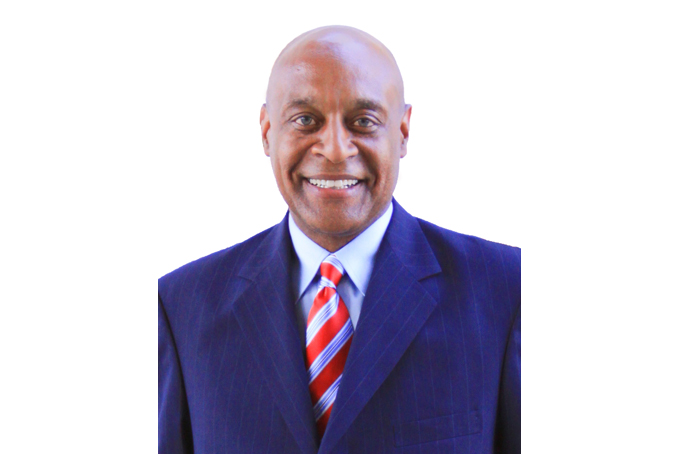
Each year, various social service organizations issue reports relating to the state of black America. While issues such as affordable housing, jobs, crime and challenging family dynamics are generally discussed, the poor quality of the education received by far too many African American children continues to be a focal point found in these reports.
The facts don’t lie. According to John Hopkins University, 32 percent of African-American students drop out of high school nationally – 15 percentage points higher than their white counterparts. In urban school districts with a high concentration of low-income and minority students, the gap is widened and graduation rates are even lower. According to the Schott Report on Black Males in Public Education, African American males have the lowest graduation rates out of any other race in 38 of our nation’s 50 states, a 76 percent majority. For over a decade, African American students have been the least likely to obtain a high school diploma out of every racial or ethnic group in the United States. Additionally the achievement gap between African American and white students has consistently grown or stayed stagnant nationally with white students outperforming their African American peers up to 30 points on standardized tests. Not only are African American students struggling in high school, but are ill prepared to succeed in higher education. Nearly 63 percent of African American students enrolled in a full-time four-year college institution fail to graduate.
For years, we have known that these deficits exist in many of the schools in our community. And for years, we have put a band aid on the problem and talked in platitudes about future solutions. Yes, many of you offer well intentioned remedies consistent with the memories of your own schooling – even though those days represent a faraway time that has long passed us by. Additionally, many of you have relied on assurances from friends and acquaintances who are part of the education system and continue to work hard in that system each day. Assurances of coming change that never comes for so many of our kids trapped in failing schools.
On the other hand, it is hard to join forces with some of your fellow conservative legislators who may be identified with education reform. I do understand that you have fought with many of those legislators for years over proposed cuts to social service programs that provide a needed lifeline for many of your constituents. As one of your peer colleagues from Mississippi said to me, “You need to realize that if I support charter schools or school choice, I am instantly identified with the enemy and viewed as a traitor to many of my people”.
The truth is I know that it is not easy to pick up the baton and challenge the education establishment on behalf of the kids not served well by that system.
But, those challenges aside, enough is enough.
Those of us who are vested with some measure of authority or influence need to take an all hands on deck approach to addressing the educational shortfalls within our community. As best we can, we need to lay aside the adult issues, the system preservation issues, and the tendency to go along to get along and start to truly put our kids first.
Our new standard should be: will this proposal – irrespective of who proposed it – help our children learn? If the answer is yes, we should support it.
Of course, this new approach requires something equally hard: taking the politics out of education. Now is time for us to do all we can to take partisanship and party caucus prioritizing out of the education policy and funding discussion. Such partisanship continues to curtail the reform effort in many school districts hurt our kids.
Rather, the example set by many of your peers in the Louisiana Black Legislative Caucus is one to follow. In recent years, several of those members have embraced bold education reform initiatives ranging from charter schools, virtual learning, common core and the statewide opportunity scholarship program. Moreover, some of those same members have been supportive of the aggressive system reform efforts promoted by state superintendent John White. Often, these Louisiana Black caucus members find themselves voting with conservative colleagues with whom they oppose on most other issues. But, as former New Orleans state Senator Ann Duplessis says, “At some point, we have to come together to help our kids, or accept the fact that we will continue to lose more of them”.
With all of the challenges facing Black America, none is more important to our future than the education of our young. As you enter your respective legislative sessions in the New Year, I truly hope that that you find the way to extend yourselves beyond yourselves and build the needed alliances to get our kids in good schools now – by any means necessary.
